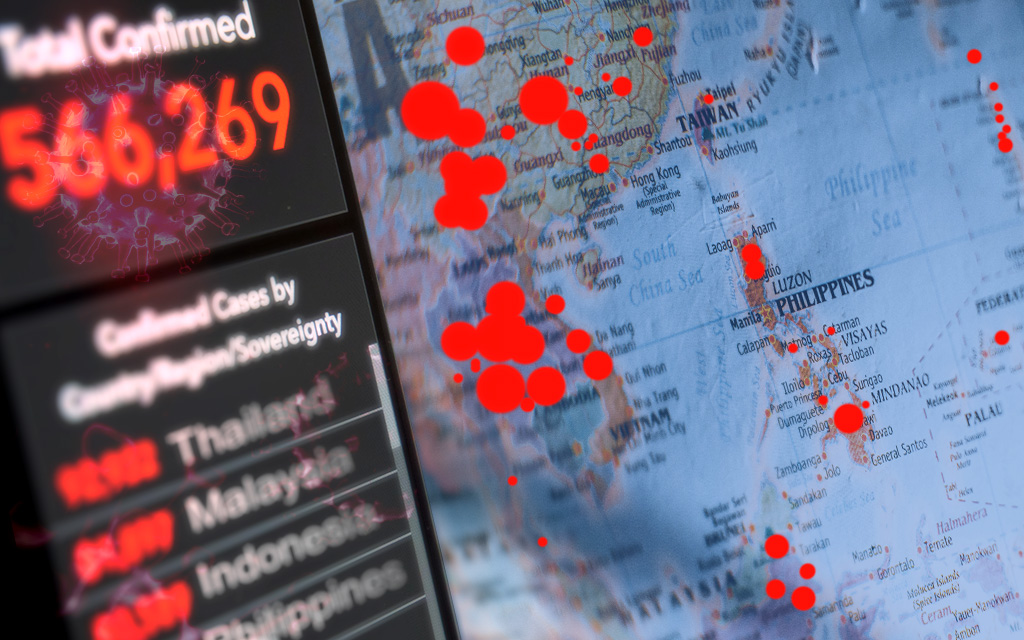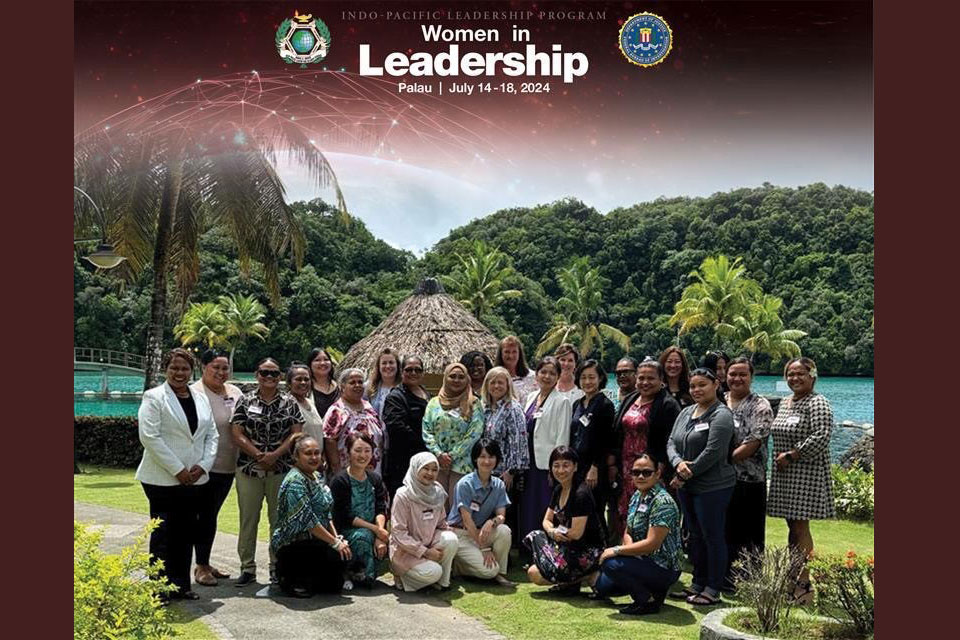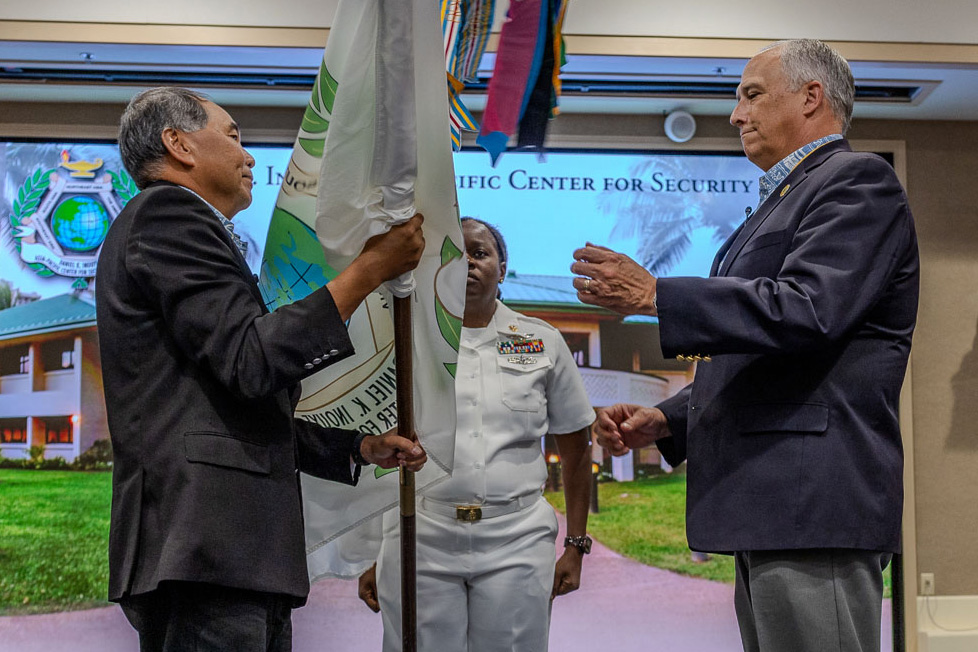The threat of emergent infectious diseases to global health security is a constant concern, and Southeast Asian (SEA) countries have been particularly vulnerable to such diseases due to their geographic location, population density, and limited resources. With the recent outbreaks of COVID-19, severe acute respiratory syndrome (SARS), H1N1 influenza, avian influenza, and the Zika virus, the need for agile national biodefense and biosurveillance systems and strategies has become more apparent than ever before.
To address this issue, Professor Deon Canyon of Daniel K. Inouye Asia-Pacific Center for Security Studies and Clinical Associate Professor Ryan of Baylor University have published a paper titled “National Biodefense Strategies in Southeast Asian States”. The paper reviews current strategies, pathogen emergence from SEA neighbors South Asia and China, and potential roles for the military in anticipating and mitigating infectious disease risks.
The authors argue that SEA states are now at the frontline of fighting emerging infectious disease outbreaks, and there is an urgent need for countries to strengthen national biodefense strategies. This includes developing comprehensive biosurveillance systems, increasing laboratory capacity, and building a skilled workforce to respond to outbreaks quickly.
The paper also highlights the potential role of the military in supporting national biodefense efforts. This includes providing logistical support, conducting research, and deploying medical resources to affected areas. The authors stress the importance of cooperation between civilian and military authorities in responding to infectious disease outbreaks.
The views expressed in this article are his own and do not reflect those of DKI APCSS, the U.S. Department of Defense, or the U.S. Government.










Leave A Comment